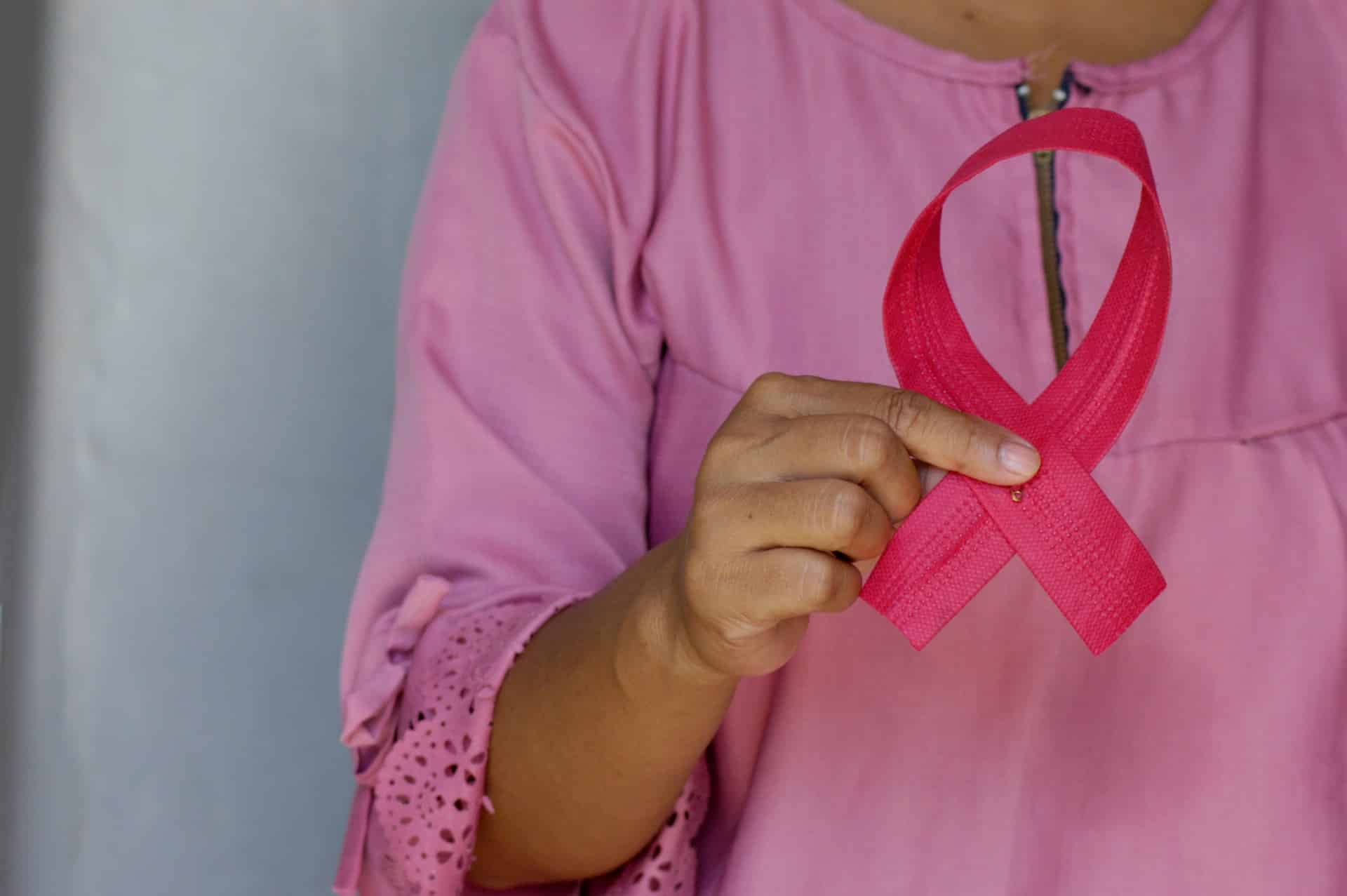What You Can Do About Rising Breast Cancer Diagnoses In Singapore

Breast cancer is often associated with older women, typically those in their 50s and 60s. Recent statistics, however, reveal an alarming trend in Singapore: the incidence of breast cancer diagnoses among women under 40 is on the rise. In this article, our friends at Pacific Prime CXA will provide an overview of this recent trend, discuss the possible underlying reasons, and explain what you can do to safeguard your health. Remember, however, to consult medical professionals for official health advice.
Overview of the Trend
Data from local hospitals indicates that the percentage of breast cancer patients who are women under 40 increased from 8% to 10% between 2019 and 2022. Moreover, over 720 cases of breast cancer were diagnosed in women under 40 from 2015 to 2020, marking a 5% increase compared to the previous five years.
Younger women are often diagnosed at more advanced stages of the disease. The initial symptoms may be dismissed due to the common perception that breast cancer primarily affects older individuals. Unfortunately, this delay in diagnosis can lead to more aggressive forms of cancer, such as triple-negative and HER2-positive breast cancer.
Possible Reasons for the Trend
Women in Singapore traditionally had children at a younger age and were more likely to breastfeed. Both of these practices have been linked to a reduced risk of developing breast cancer. Contemporary societal norms, by contrast, have led many women to delay motherhood, have fewer children, or choose not to breastfeed at all.
Lifestyle changes in recent years have also fostered a more sedentary population. With many women engaged in desk-bound jobs, the lack of physical activity combined with poor dietary choices—such as increased consumption of processed foods—has been associated with a higher risk of developing breast cancer.
Other contributing factors include genetic predispositions and earlier onset of menstruation, both of which can elevate risk levels.
What You Can Do to Safeguard Your Health
There are proactive steps for reducing your risk and promoting early detection, including:
- Regular self-examinations: Women should familiarize themselves with their breast tissue to identify any unusual changes. Performing a monthly breast self-exam can help you notice lumps, changes in size or shape, or any other abnormalities that need further investigation.
- Stay informed and educated: Educate yourself about the signs and symptoms of breast cancer. Beyond lumps, be aware of other warning signs such as changes in skin texture, unusual discharge from the nipple, or persistent pain.
- Seek regular medical check-ups: Discuss breast cancer screening options with your doctor, including the appropriate timing for mammograms and other diagnostic tests. If you have a family history of breast cancer, it is advisable to start screenings earlier.
- Adopt a healthy lifestyle: Aim for a balanced diet rich in fruits, vegetables, whole grains, and lean proteins. Regular physical activity, whether through structured exercise or daily activities, can help maintain a healthy weight and improve overall well-being. Minimizing alcohol consumption and avoiding smoking are further crucial steps in reducing your risk.
Let Pacific Prime CXA Help You
Financial preparedness is essential in case of a diagnosis. It is therefore crucial that expats have both expat health insurance and critical illness insurance to ensure adequate coverage for screenings and, if necessary, treatments.
With their breadth of experience in insurance, Pacific Prime CXA is your ideal partner. They understand what factors must be considered and can customize a plan that meets your needs, fits your budget, and offers the best value for money.
Contact them today and let them help you decide the best insurance strategy for you!